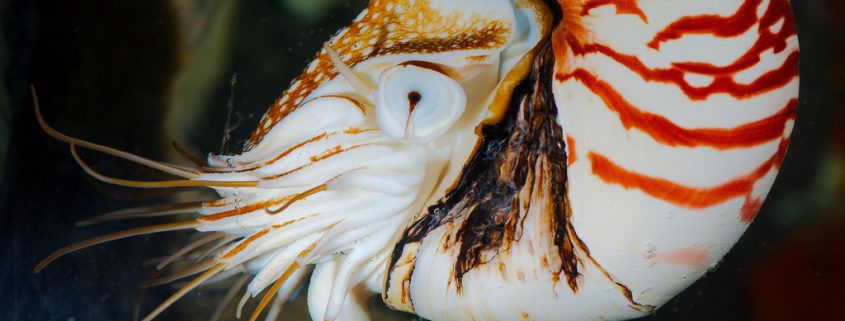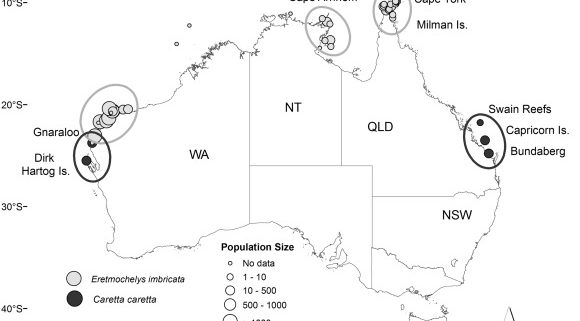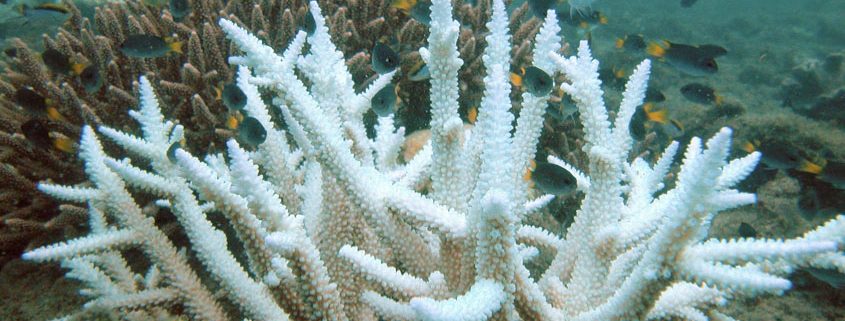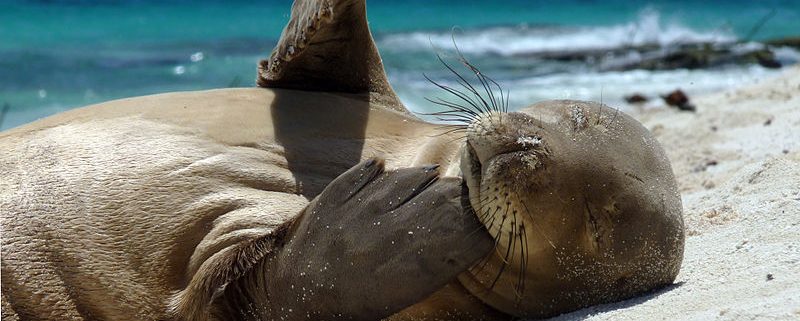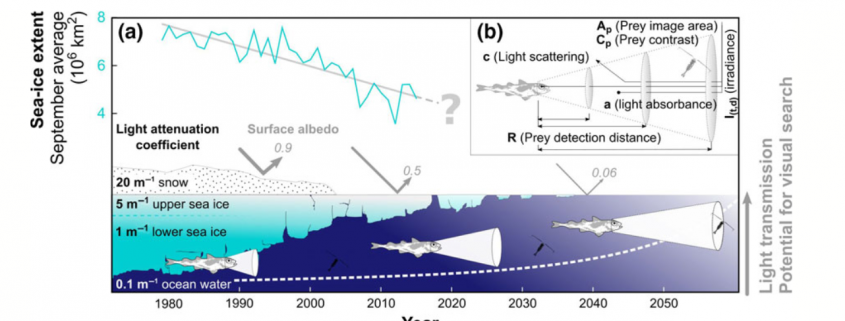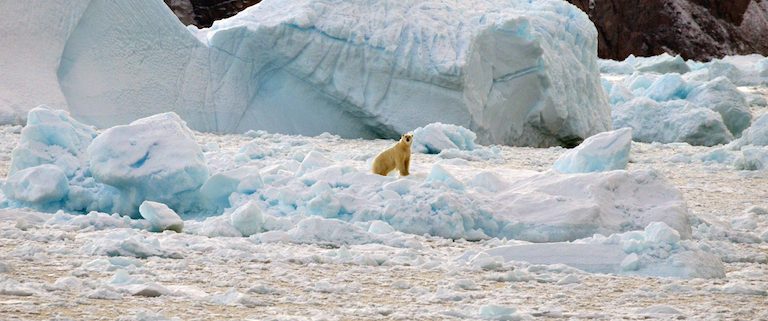The Impact and Epidemic of Overexploitation on Chambered Nautilus Populations
By Sianna Raquel Vacca, SRC intern The era of one of the cephalopod’s oldest family members and elusive living fossil, the chambered nautilus, may be coming to an end. This prehistoric species has remained unchanged for over 400 million years and is a native of the tropical, deep-water habitats in the Indo-Pacific region. They are closely […]
Climate Change effects on sea turtles
By Molly Rickles, SRC intern Climate change has become an increasing threat to species across the planet. With hotter average temperatures and less predictable weather patterns, humans have undeniably influenced the global climate. The effects of a changing climate are translated to the ocean, where warmer sea surface temperature and rising sea level can alter […]
Coral Bleaching of the Great Barrier Reef
By Delaney Reynolds, SRC intern Coral reefs are some of planet earth’s most spectacular, diverse and important ecosystems. Our planet’s coral reefs provide important shelter, habitats, and a source of food for many different species of marine organisms. They also act as a critical food source to humans, as well a natural barrier to help […]
Hawaiian Monk Seal Conservation
By Abby Tinari, SRC intern Monk seals are warm water species historically residing in the Caribbean, Mediterranean and Hawaii. Now only Mediterranean and Hawaiian populations remain, both of which are critically endangered according to the International Union of Conservation of Nature (ICUN). Hawaiian monk seals have an estimated 1300 wild individuals living around the Hawaiian […]
Sea-ice loss boosts visual search: fish foraging and changing pelagic interactions in polar oceans
By Nicole Suren, SRC Intern Light availability is one of the most important factors in the success of visual foraging. It can be controlled by many variables such as turbidity or weather, but in polar ecosystems ice cover and seasonality are the primary controls for light availability. Climate change has had and will continue to […]
Polar Bears are Vulnerable to Loss of Sea Ice
By Rachael Ragen Polar bears are currently facing a major problem: declining sea ice. As greenhouse gases continue to increase due to anthropogenic factors causing temperatures to rise and ice to melt. Since polar bears rely on sea ice as they search for prey, the decline in sea ice makes hunting much more difficult. The […]

